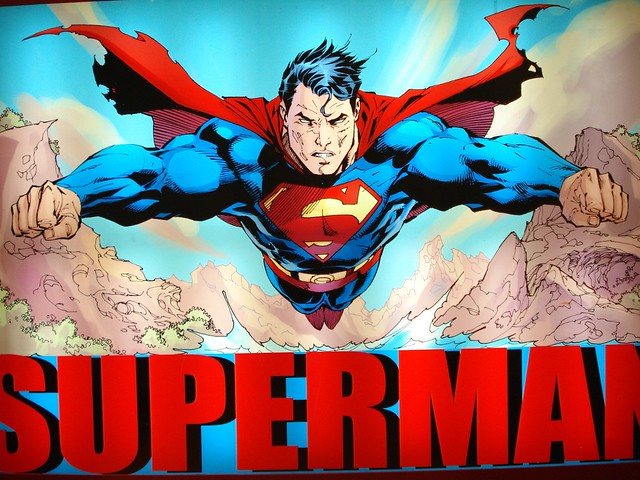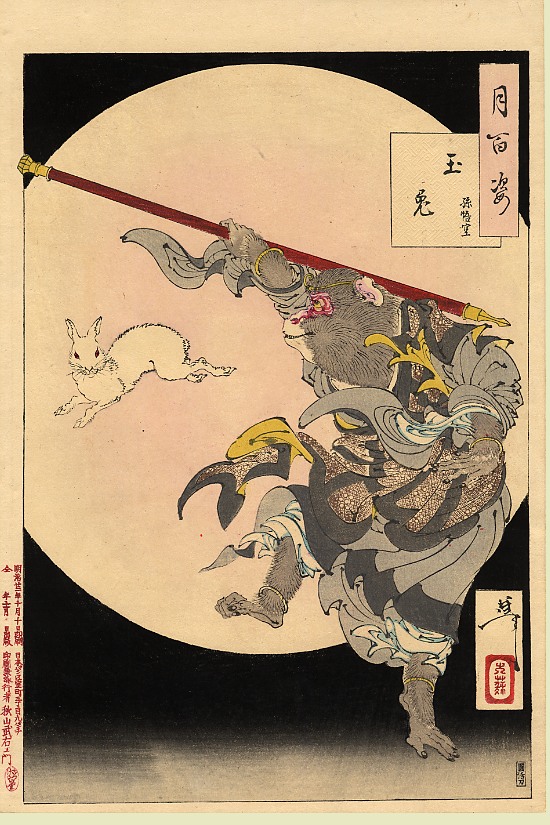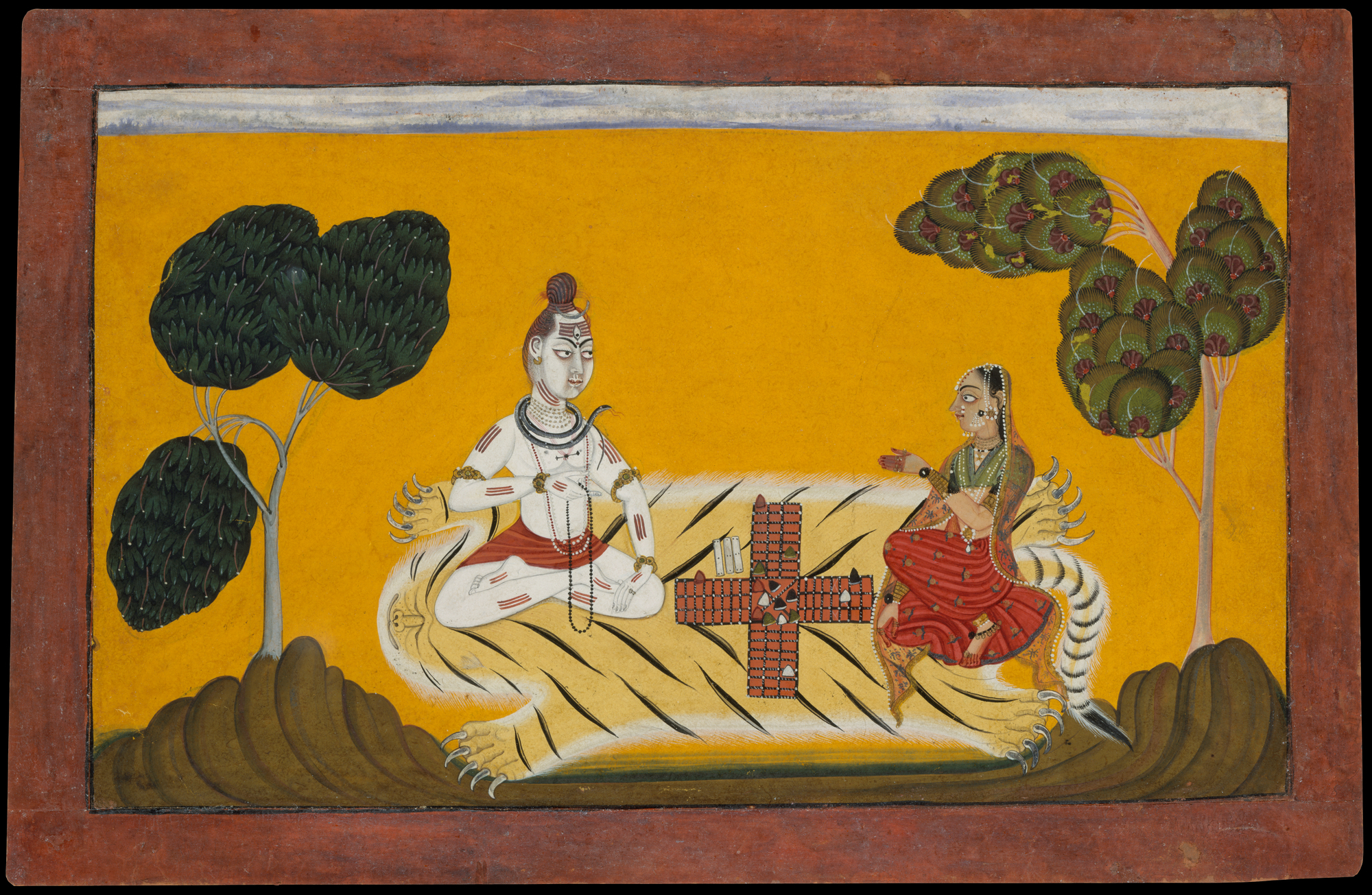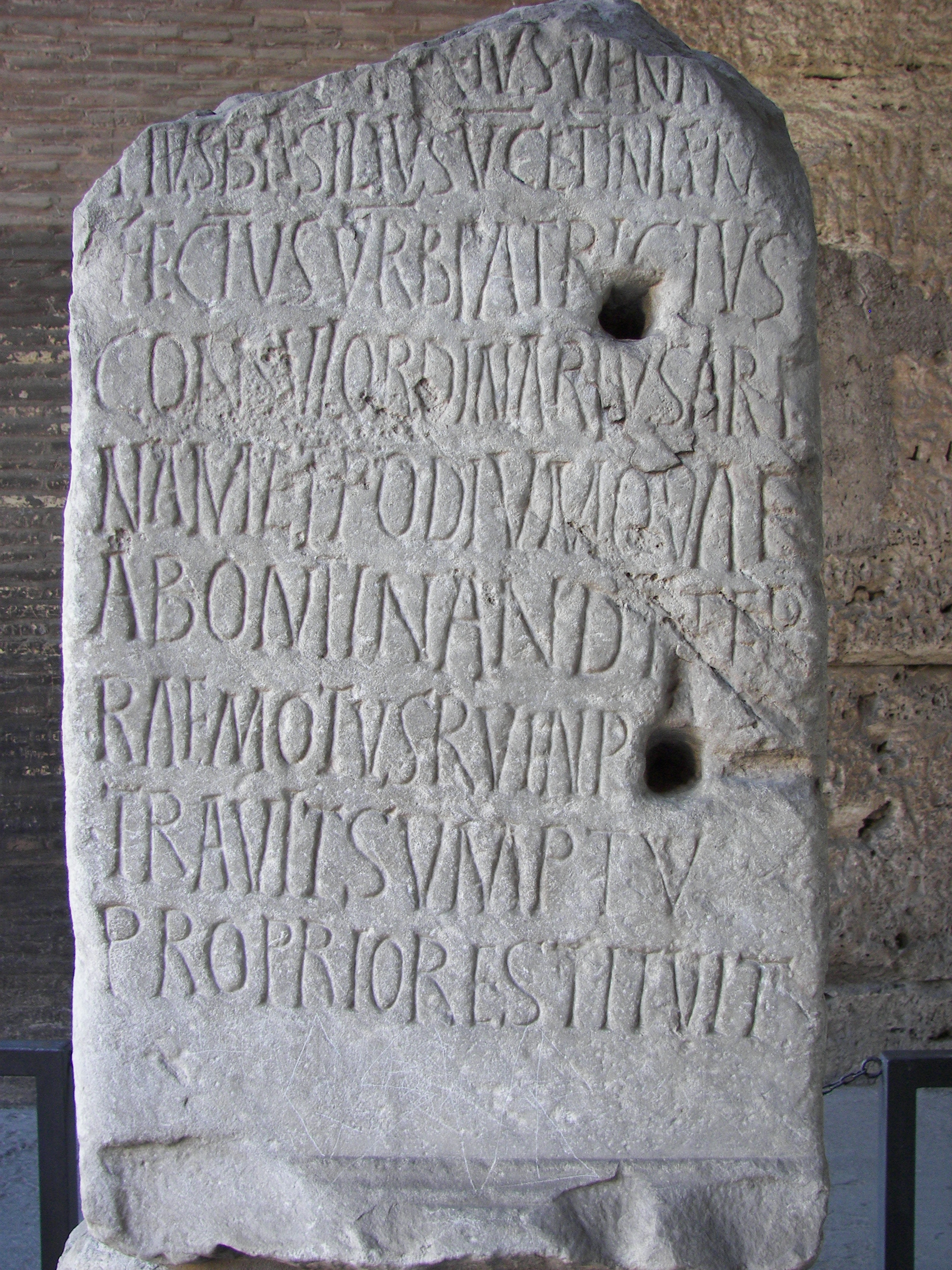My thoughts on the stories of
Raja Rasulu....
The King and His Two Queens:
This is a pretty interesting back story. One of the king's queens had a son, Prince Puran, and the other was barren. So the one without a child plotted to kill the king's son, but instead he was rescued by the gods. I wonder if divine intervention will be a theme for all the stories? Also, the Prince becomes a priest, and pays back his aunt in kind.
How Raja Rasulu was Born:
So this son promised to Queen Lona is prophesied to be a great man, but they king and queen are forbidden to ook on him for twelve years, because it would kill him. He tries visit before the twelve years are up, so his parents spurn hum.
How Raja Rasulu's Friends Forsook Him:
When Rasulu leaves his father's city with his friends, the carpenter and the goldsmith, they are attacked at night by two snakes. The carpenter kills the smaller of the two, and Rasulu kills the scarier of the two. His friends leave him out of fear of the monsters. Desertion seems to be a theme of his life.
How He Killed the Giants:
Rasulu comes to a city that is being terrorized by giants. They ask for tribute, just like the Minotaur in Ovid. Of course Rasulu volunteers to go in place of a woman's son, and then he kills all the giants, who are terrified of him. How did they know about him?
How he became a Jogi:
So, he goes to the palace of a beautiful queen and pledges himself a student of a Jogi. He entices the the queen to come out through his singing, and she falls in love with him for his beauty. The, when he leaves, she kills herself. He must've been pretty attractive!
The Dice and the Cricket:
On his way to another city, Rasulu talks with a headless corpse, who warns him about the evil king there. He tells Rasulu to fashion dice out of bones. Then, along the way Rasulu rescues a cricket from a fire, and the cricket pledges to help him at some point. He's got some magical allies!
The Maidens Test Rasulu:
He is tested by the King's daughters. They ask him to separate seed from sand, so Rasulu calls in his favor from the cricket, who takes care of the task in one night. Before all of this, Rasulu promises to marry the youngest of the daughters.
Rasulu Swings the Maidens:
The number 70 must have some significance. There are 70 daughter, 70 drums, and 70 gongs. Anyways, Rasulu overcomes the second task of the maidens, swinging them all at once, and then he destroys the king's drums and gongs. The king then prepares to ride out and meet him.
The Dog and the Cat:
Scared of Rasulu, Raja Sarkap attempts to poison him, but it ultimately results in the killing of his dog. Later, Rasulu sees a mother cat unable to rest, so he asks what is wrong. She says that her kittens are about to be baked in a kiln, so Rasulu saves them. The mother then gives him one of her kittens, saying that it will help him later. Rasulu's kindness always earns him favors that seem to save his life.
How He Played Chaupu with King Sarkap:
Rasulu forgets about his two advantages, his kitten and his dice, for the first two games, so he loses. However, he eventually wins the king's kingdom, the wealth of the whole world, and the king's head. He spares the king's life in return for his daughter's hand in marriage. He returns twelve years later to marry her. This mirrors his own upbringing in a way.
The Hunter (Swynnerton):
Rasulu travels to a forest in hopes of finding a renowned hunter, Mirshikari. The hunter was expecting him, and he asked to be Rasulu's disciple. Rasulu agree, giving him three conditions, but Mirshikari quickly breaks the first condition, which is that he was not supposed to tell anyone he met Rasulu.
The Hunter (cont.):
Naturally, the hunter breaks Rasulu's second condition. He sets up to hunt with his lute on the south side of the forest, where a buck and a doe reside, which he is not supposed to kill. This is the third condition that I'm sure he will break.
The Hunter (cont. again):
The hunter's disobedience leads to a of death. He kills the buck, and then is stung by a viper, which kills him. Then he kills the viper. Then the doe kills herself on her husband's horns. Lastly, a jackal kills itself by trying to break the hunter's bow. All the while, Rasulu is watching from the trees as the tragedy unfolds.
The Hunter (end):
When Rasulu tries to return the hunter's things to his widow, she accuses him of killing her husband. However, Rasulu proves himself innocent at the trial, and eventually erects a tomb for the hunter. For how powerful Rasulu is, it seems like he could have very easily prevented the deaths. He doesn't seem very heroic.
The Swans (Swynnerton):
This is kind of a weird story, because it's not really about Rasulu. It's about a two crows seeking shelter from a storm. Two swans allow them to stay in their home, but in the morning, the crow accuses the swan of stealing his wife. When it goes to the king, he decides that the crow is in the right. Also, talking animals is the norm for these stories.
The Swans (cont.):
The animals in this story seem to be smarter than the humans, except for Rasulu. Rasulu encounters a jackal, who tells him many stories, and eventually exposes the crow's treachery. Rasulu then kills the crow as punishment for his fraud.
Raja Rasulu and Raja Bhoj (Swynnerton):
Rasulu was enjoying the company of Raja Bhoj, but when he asked to leave, the king bid him stay for awhile longer. He then asks Rasulu to tell him the five most cursed things in the world,w hich Rasulu does. Then the whole company runs into a band of dangerous women, who threaten them.
Raja Rasulu and Raja Bhoj (cont.):
Rasulu escapes the dangerous woman, and he and his company go on their way. One thing that I have noticed about these stories is that the characters often speak in verse. It almost seems like any argument is more convincing in verse.
Raja Rasulu and Raja Bhoj (end):
Rasulu is very clever in his verse. He improves another king's poetry, showcasing his own wisdom. He is greatly admired for his strength, but it also seems that he is extremely wise. I wonder which of the two is more commendable?








.gif)

